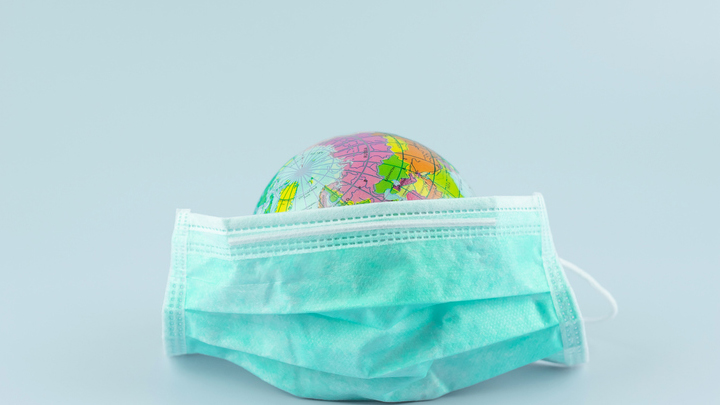

August 18, 2020
Over the past month, IMTJ has been taking the temperature of the medical travel sector and assessing the impact of COVID-19 on the businesses that depend on international patient movement. In partnership with Health Tourism Worldwide, we gathered the views of 70 industry participants and opinion leaders from across the globe. Over half of the respondents represented hospitals, clinics, agents and facilitators. Here’s what they had to say.
For 64% of respondents, COVID-19 is causing great concern and there is serious impact on their healthcare-related business. 27% believe it is limited to specific areas of their healthcare-related business and are monitoring the impact closely.
For the medical travel/international patient aspect of their healthcare business, COVID-19 has resulted in a massive impact on patient numbers (Impact score of 4.3 out of 5), and there has been a significant financial impact, including effects on business operation, liquidity and capital resources (Impact score of 4.1 out of 5). The majority of businesses are implementing major changes to their operating practices to enable them to re-start their international patient activities when the crisis is over.
16% of the respondents have closed down their international patient operations for the foreseeable future. 20% are continuing to operate for as long as possible, but with significantly reduced resources and an indefinite plan for business continuity. Just under half are continuing to operate with a robust business continuity plan which they believe will allow them to survive. We asked respondents for how long they expect the medical travel sector will continue to be significantly affected by COVID-19. The majority (41%) expect the impact to last for 6 to 12 months. 31% expect the impact to last for more than a year.
The impact on international patient numbers has been significant. 67% state that their international patient numbers have fallen by more than 50%. There are widespread concerns about whether their businesses have the financial resources to continue operating throughout the COVID-19 outbreak. 43% have made no changes to their workforce at this point. One in four have reduced working hours. One in three are furloughing or laying off staff.
The research examined how perceptions of leisure travel and medical travel may change.
The majority view with regard to leisure travel is that:
With regard to medical travel, the majority of respondents believe that:
Respondents also believe that COVID-19 will affect patients’ choice of medical travel package:
The research provided some insight into the destinations that may benefit or suffer most from the pandemic. Germany, Singapore, Thailand, South Korea, Greece, Switzerland, Turkey and UAE were highlighted as destinations that may attract more international patients post COVID-19. The USA, Italy, Spain, Brazil, India and China were seen as destinations that would attract fewer international patients as a result of the way that COVID-19 has been managed in the country.
Clearly, there are no real surprises in the research. It highlights the major impact that COVID-19 is having on a sector that combines healthcare, travel and tourism. For some, particularly those in the agency/facilitator business, it has already meant the end of their business. For the major hospital operators and the major hospital brands, the pain will be unwelcome but will be endured. We will certainly see a degree of market concentration in the medical travel business, as the smaller and less resilient operators exit the market. In the recovery phase, it will be survival of the fittest and the best… which will be a positive trend in the long term.
Reference: https://www.imtj.com/
For more details contact us.
Health Sansar provides a wealth of trending topics that allow individuals to stay updated and informed about the latest developments in the health and wellness domain. Health Sansar offers a comprehensive platform for users to access current and relevant information in the ever-evolving field of health.